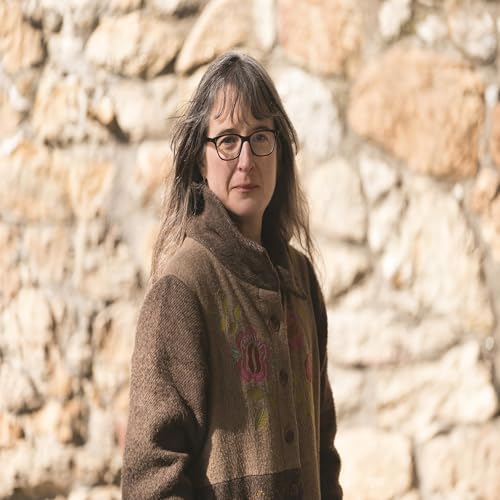
SHOP TALK WITH WRITERS
Échec de l'ajout au panier.
Veuillez réessayer plus tard
Échec de l'ajout à la liste d'envies.
Veuillez réessayer plus tard
Échec de la suppression de la liste d’envies.
Veuillez réessayer plus tard
Échec du suivi du balado
Ne plus suivre le balado a échoué
-
Narrateur(s):
-
Auteur(s):
-
Elena Lappin
À propos de cet audio
Elena Lappin in conversation with leading authors about the stories behind their books.
Email: shoptalk.writers@gmail.com
Instagram: @shoptalkwithwriters
Read more about each featured writer on elenalappin.substack.com,
Connect with us here or on our website https://shows.acast.com./shop-talk-with-writers
Thank you for listening!
Hosted on Acast. See acast.com/privacy for more information.
Elena Lappin
Épisodes
-
 Sep 7 20251 h et 10 min
Sep 7 20251 h et 10 minÉchec de l'ajout au panier.
Veuillez réessayer plus tardÉchec de l'ajout à la liste d'envies.
Veuillez réessayer plus tardÉchec de la suppression de la liste d’envies.
Veuillez réessayer plus tardÉchec du suivi du balado
Ne plus suivre le balado a échoué
-
 Aug 24 202548 min
Aug 24 202548 minÉchec de l'ajout au panier.
Veuillez réessayer plus tardÉchec de l'ajout à la liste d'envies.
Veuillez réessayer plus tardÉchec de la suppression de la liste d’envies.
Veuillez réessayer plus tardÉchec du suivi du balado
Ne plus suivre le balado a échoué
-
 Aug 12 202547 min
Aug 12 202547 minÉchec de l'ajout au panier.
Veuillez réessayer plus tardÉchec de l'ajout à la liste d'envies.
Veuillez réessayer plus tardÉchec de la suppression de la liste d’envies.
Veuillez réessayer plus tardÉchec du suivi du balado
Ne plus suivre le balado a échoué
Pas encore de commentaire


